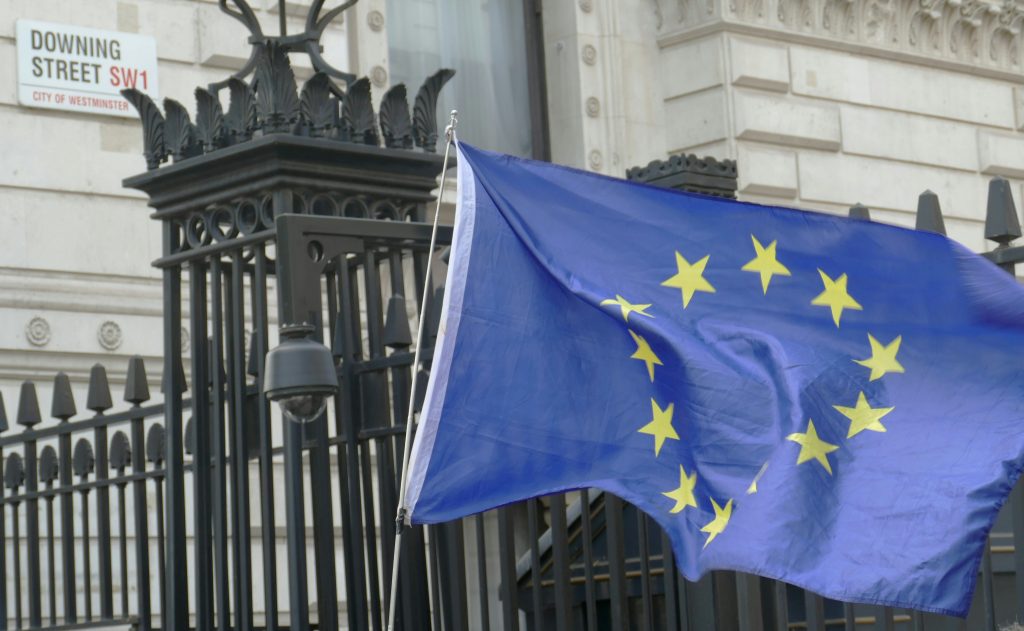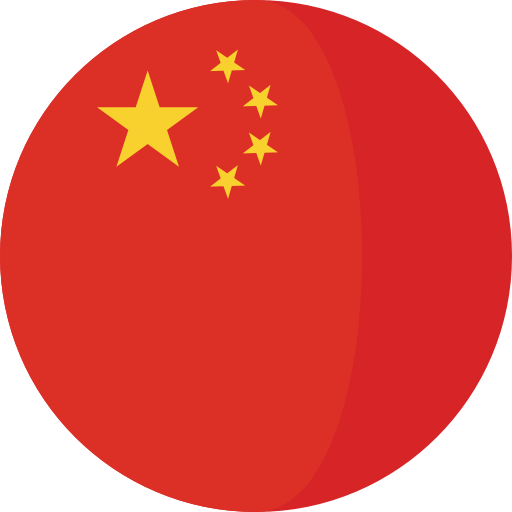
In a landmark decision reached this November, EU Finance Ministers (ECOFIN) have officially agreed to accelerate the most significant customs reform in decades. The bloc will abolish the €150 duty-free threshold for imports, targeting a start date of early 2026, well ahead of the original 2028 timeline.
This move is designed to close the "undervaluation loophole" that has allowed billions of low-value parcels from platforms like Temu, Shein, and AliExpress to enter the EU duty-free.
Here are the critical technical details that every logistics provider and seller must know.
1. The New "5-Bucket" Simplified Tariff System
To prevent customs authorities from collapsing under the workload of taxing every single small parcel, the EU is introducing a Simplified Tariff Treatment. Instead of thousands of complex HS codes, e-commerce goods will be grouped into five simple "buckets" with flat duty rates.
If a seller chooses this simplified method, the following rates will apply based on the product category:
| Bucket | Duty Rate | Product Examples |
| Bucket A | 0% | Books, printed paper, art. |
| Bucket B | 5% | Toys, games, cutlery, electrical machinery, houseware. |
| Bucket C | 8% | Silk products, headgear, ceramics. |
| Bucket D | 12% | Apparel, clothing accessories, leather goods, bags. |
| Bucket E | 17% | Footwear, glassware. |
Note: Goods subject to anti-dumping duties or excise taxes (like tobacco) are excluded from this simplified system and will require full standard declarations.
2. The Timeline: 2026 vs. 2028
The reform will roll out in two distinct phases:
- Phase 1 (2026 - Temporary Mechanism): The €150 threshold is removed. Platforms must start collecting duties using existing systems. A proposed "handling fee" (estimated at around €2 per parcel) is also being discussed to cover administrative costs during this transition.
- Phase 2 (2028 - Full Digitalization): The new EU Customs Data Hub goes live. This centralized AI-driven platform will replace the 27 separate national customs systems, allowing for real-time data analysis and smarter fraud detection.
3. The "Deemed Importer" Rule
Under this new framework, the legal and financial responsibility for paying duties shifts entirely from the consumer to the online marketplace. Platforms like Amazon, Temu, and Zalando will be classified as the "Deemed Importer." Unlike the previous system, where consumers were technically the importers and often faced surprise fees at the door, the platform must now calculate, collect, and remit both VAT and the new duty rates at the point of checkout. This ensures a smoother customer experience but places immense compliance pressure on platforms to verify seller data.
This reform fundamentally alters the economics of "direct-from-China" shipping.
- The End of the "Cheap" Advantage: A $10 t-shirt from China currently pays $0 in duty. In 2026, it will incur 12% duty + 21% VAT (avg) + potential handling fees. This erodes the price gap with European retailers.
- A Shift to Bonded Warehouses: To avoid the friction of individual parcel clearance and the potential per-package handling fees, we expect a massive shift toward B2B2C models. Sellers will likely move inventory into EU-based bonded warehouses (Overseas Warehouses), clearing customs in bulk rather than parcel-by-parcel.
- Data Accuracy is King: With the "Deemed Importer" model, platforms will ruthlessly delist sellers who provide inaccurate product descriptions, as the platform itself is now liable for the compliance risk.








